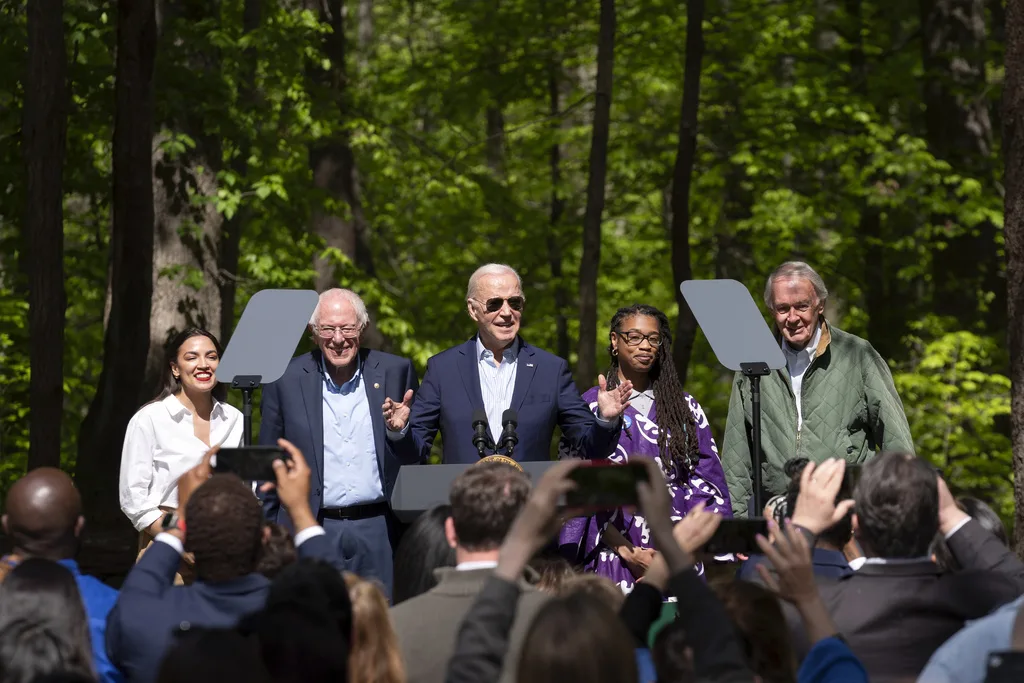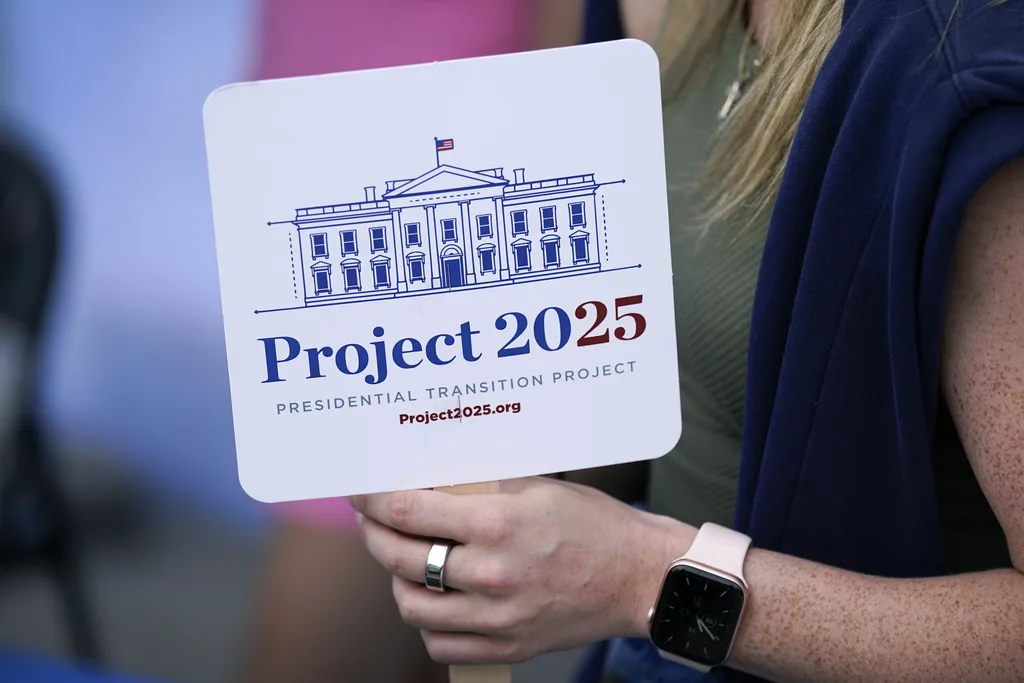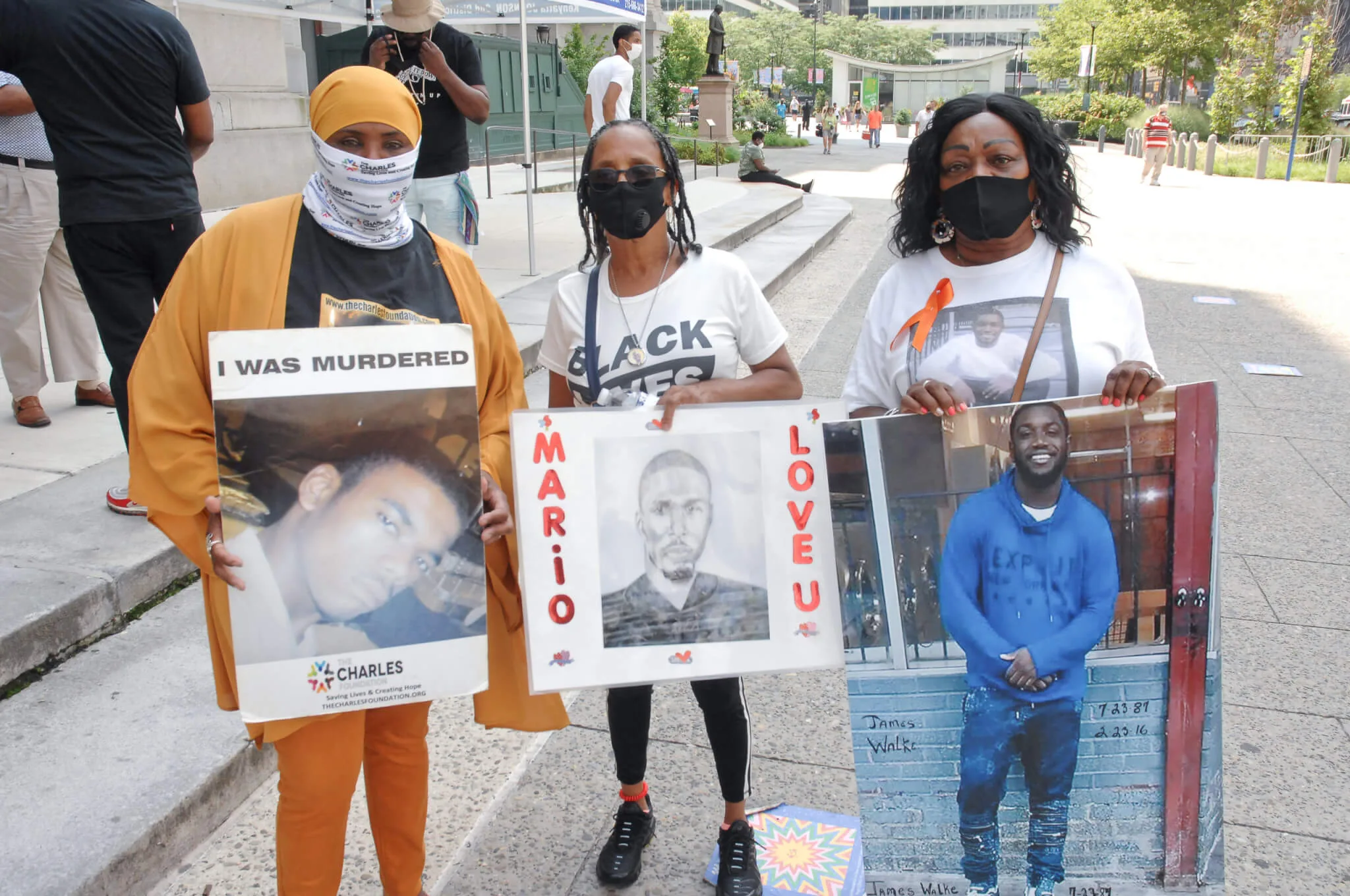
Former State Rep. Movita Johnson-Harrell (D-Philadelphia) stands with two of the many mothers who have lost children to gun violence who attended the Rally to End Gun Violence. Johnson-Harrell, who spoke at the rally, has lost several relatives to gun violence. Photo by Bill Foster
This year, more than 300 Philadelphians have died due to gun violence, a 31% increase over the previous year.
“If you’ve lost a loved one to gun violence, raise your hand.”
Standing at a podium in front of Philadelphia City Hall, City Councilman Kenyatta Johnson looked hurt as hand after hand shot up among the crowd at the fourth Peace, Not Guns rally he’s held this summer.
Shortly before this rally in early August, seven-year-old Zamar Jones was killed after being shot in the head while playing on his front porch. An 11-year-old girl was also shot that week.
That the gun violence in Philadelphia has continued to rise despite the city being mostly indoors due to the coronavirus pandemic is hard to accept, Johnson said at the rally.
And city residents shouldn’t try to.
“Enough is enough!” he said. “I’m sick and tired of being sick and tired. We live in a city where a 7-year-old is shot and murdered. We live in a city where an 11-year-old is shot. And we live in a city where day in and day out young African American men and women are shooting other young African American men and women and we act as if it’s normal. This is not normal!”
This year, more than 300 Philadelphians have died due to gun violence, a 31% increase over the previous year, according to the Philadelphia Police Department. Over 1,300 people have been shot in the city, which is a 42% increase over the previous year.
While the city of Chicago has become synonymous with gun violence in the minds of many thanks to President Donald Trump’s use of the city’s problems as a cudgel, the problem that urban centers like Philadelphia and Chicago are facing is a nationwide one.
And because there are conflicts between these mostly Democratic cities and the mostly Republican state legislatures they have to deal with, solving the problem becomes complicated. While the cities want more gun regulations, the state legislatures would rather send in the National Guard than anger the National Rifle Association (NRA).
For example, Councilman Johnson and his fellow Philadelphia City Councilpersons have written a letter to the federal Bureau of Alcohol Tobacco and Firearms (ATF) asking them to look into where the guns being used in the violence are coming from, but it’s unlikely that the legislature will sign onto it. That’s because every time Philadelphia, or any other municipality, has tried to enact legislation tightening gun laws, the Pennsylvania legislature, using preemption legislation, has shot them down.
In the early 1990s, the cities of Philadelphia and Pittsburgh tried to regulate guns by passing a ban against certain types of assault weapons. In 2007, Philadelphia City Council passed a series of ordinances that would have limited gun purchases to one a month, mandated reporting lost or stolen guns, required a license to carry a gun, and banned the sale or transfer of assault weapons.
In 2016, Philadelphia City Council passed an ordinance that would have required gun owners living with minors to have gun locks on their weapons and to have the gun’s ammunition stored in a separate space from the gun. They also passed an ordinance that would address straw purchases, which is the practice of formerly incarcerated people who are not allowed to purchase or carry guns getting someone, usually a girlfriend, to buy a gun for them because they can.
RELATED: PA Republicans Want to Focus on Guns as COVID Cases Rise
In all of these cases, the Pennsylvania legislature, citing the 1996 Pennsylvania Supreme Court ruling in Ortiz v. Commonwealth, passed preemption legislation. Preemption legislation basically allows the state to negate a law passed by a municipality by asserting that said law regulates something that’s actually under the state’s jurisdiction.
In fact, in 2014, the Pennsylvania legislature passed a law that would allow gun owners and advocacy groups like the NRA to sue municipalities like Philadelphia that attempted to pass ordinances regulating guns in any significant way. Five Democratic legislators joined the cities of Philadelphia, Lancaster, and Pittsburgh in taking the law to the Pennsylvania Supreme Court, which ruled it unconstitutional.
Since local efforts have been met with preemption laws, Democrats in the state legislature have been trying to get these ordinances turned into laws on their end. State Sen. Wayne Fontana of Allegheny County has introduced an assault weapons ban. State Sen. Christina Tartaglione of Philadelphia has also introduced legislation to tighten Pennsylvania’s gun laws.
But it’s going nowhere, said state Sen. Sharif Street, who represents part of North Philadelphia, one of the areas most impacted by both gun violence and was also at the rally. Street, who has also introduced a law banning weapons of war, said that while many of his Republican colleagues have said they would support such things as requiring the reporting of lost or stolen guns, it’s a support they’ll never have to show in public, he said.
“Until the Republican majority is willing to allow a vote, not a commitment to passing the legislation, but to allow a vote, nothing is going to change,” Street said. “We’re not going to get where we need to go without passing responsible gun laws.”
“We’ll get a marijuana legalization bill passed first,” Street continued.
Addressing the Root Cause
Many of the cities that are dealing with an increase in gun violence are also dealing with job losses connected to the coronavirus and other societal ills that have gone unaddressed.
Much of the gun violence in places like Philadelphia is concentrated in areas where poverty is also the highest. In comparison to cities its size across the nation, Philadelphia’s poverty rate is among the highest at 26%, according to a report from the Pew Charitable Trusts. Of that 26%, 14% are living in what’s known as “deep poverty,” meaning a family of four living on $12,300 a year or less.
“If you laid out a map that showed where all of the shootings have happened, and laid out a map of the city’s most impoverished areas, they’d be the same map,” said Larry Krasner, Philadelphia’s district attorney.
Former state Rep. Movita Johnson-Harrell—who has lost family members to gun violence, including her son Charles Andre’ Johnson—agrees. While she was in the legislature, Johnson-Harrell helped the city get money for programs designed to aid communities dealing with gun violence such as Operation Pinpoint, a data-based program designed to help police better coordinate their response to gun violence and the Community Crisis Intervention Program, a citywide program that connects those most at risk for committing gun violence to supports that could lead them in another direction.
You also have to address the aftermath of gun violence, Johnson-Harrell told The Keystone.
“We often talk about what gun violence takes,” she said. “Let’s talk about what gun violence leaves behind. The broken communities. The broken families. The broken bodies. The trauma. The children seeing dead bodies in the streets as they go to school. We don’t address that trauma, and hurt people hurt people.”
To work toward addressing these systemic issues, the Philadelphia City Council took $25 million of the city’s revised coronavirus budget and created what it called the “New Normal Budget.” This money has been directed toward health care, healthy food options, affordable housing, anti-poverty programs, job training, and other programs needed to bring the city’s poverty rate down.
Councilman Johnson has also called for mandatory conflict resolution and trauma counseling programs in Philadelphia’s schools to deal with some of the issues that Johnson-Harrell pointed out.
But as local and state leaders wrestle with implementing strategies to address the range of community issues, the violence has continued unabated. Councilman Johnson led a “Peace Not Guns” walk on Friday in South Philadelphia’s Point Breeze neighborhood. A quadruple shooting at 18th and Moore Streets in that neighborhood last week left two 17-year-old males dead and two others injured.
This is the third such walk that the councilman has held this summer.
Politics

6 terrifying things that could happen if the Comstock Act is used to target abortion
Does 1873 sound like a really, really long time ago? Well, that’s because it is—but if Republicans and far-right anti-abortion activists have their...
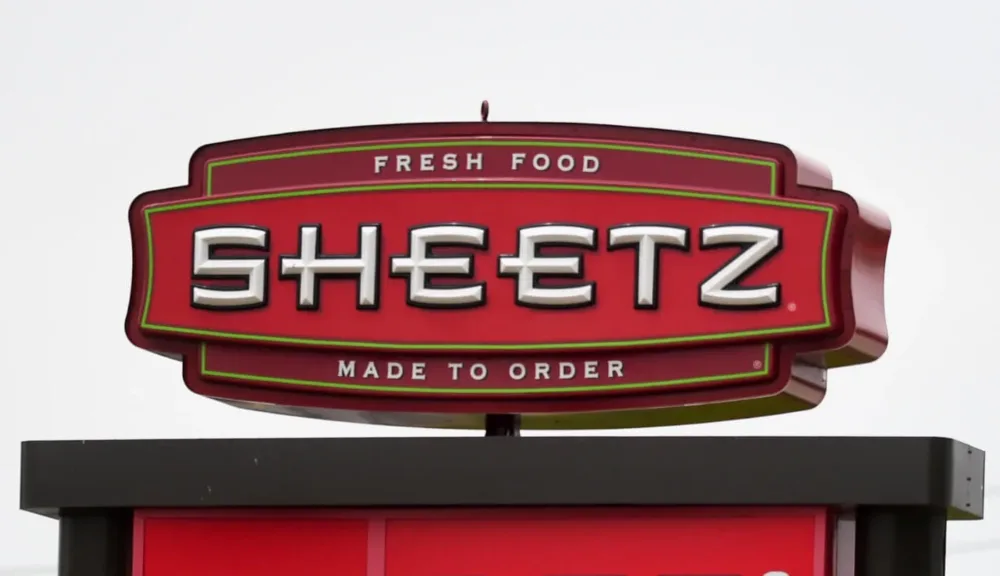
Sheetz hit with lawsuit for allegedly discriminating against minority job applicants
The Equal Employment Opportunity Commission filed suit against Sheetz and two subsidiary companies, alleging the Altoona-based chain discriminated...
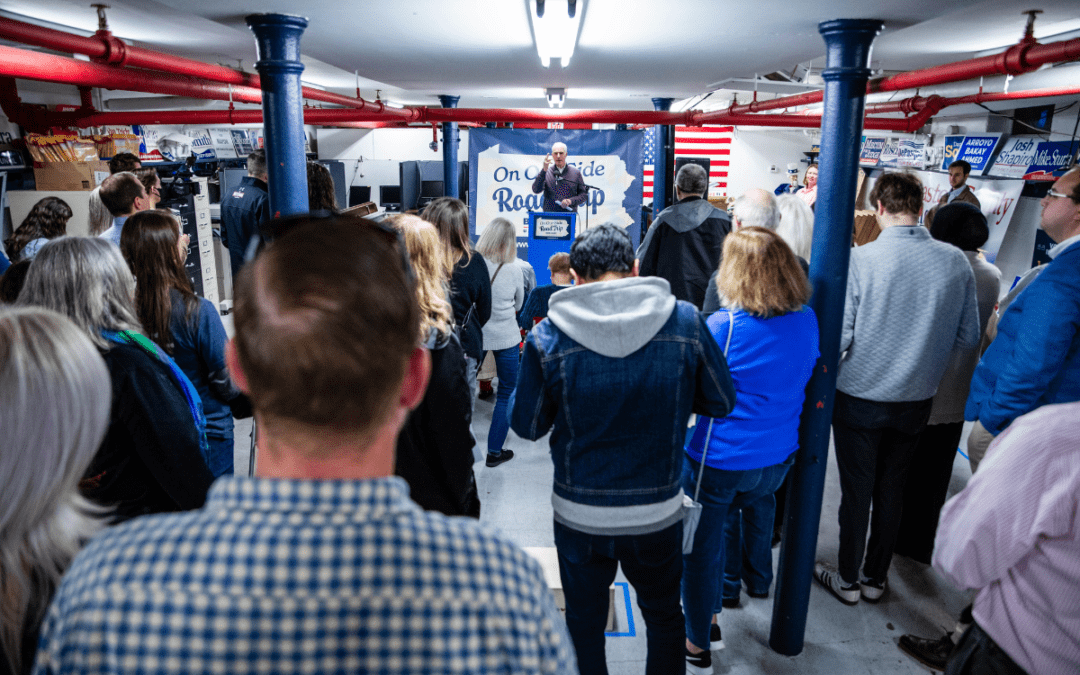
Bob Casey: Past time to reign in corporations ‘jacking up their prices’
US Sen Bob Casey continued calling out corporate greed and price gouging at a canvass launch in the City of Lancaster on Sunday. Maintaining the...
Local News

Conjoined twins from Berks County die at age 62
Conjoined twins Lori and George Schappell, who pursued separate careers, interests and relationships during lives that defied medical expectations,...

Railroad agrees to $600 million settlement for fiery Ohio derailment, residents fear it’s not enough
Norfolk Southern has agreed to pay $600 million in a class-action lawsuit settlement for a fiery train derailment in February 2023 in eastern Ohio,...



